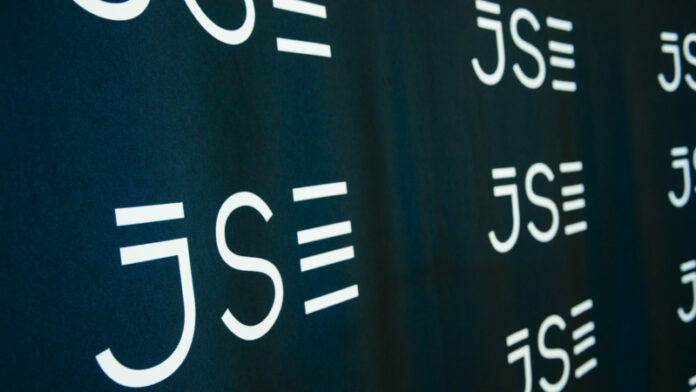
THE South African mining story of the year has surely been the epic tussle between Implats and Northam for RBPlats. It is all over now, barring the final delisting of RBPlats’ shares expected on 18 September 2023. But few realise that RBPlats is just one of five mining companies to delist from the JSE this year. And with just 36 mining companies having started the year on the JSE, joined by Copper360 as the single new listing, this suggests that at least 13% of all JSE mining companies will delist this year.
This must cause pause for thought from those that lead what was once the world’s greatest mining equities market, which owed its very existence to the South African mining industry, and which at the peak of gold boom in 1980 hosted half of all the world’s mining market capitalisation.
Closer inspection will show the of the remaining 32 mining companies, 15 are secondary listings, where most of the primary capital raising and secondary trade happen on other markets. Despite this, the JSE still count 100% of their market capitalisation when claiming the 20th rank amongst stock exchanges of the world.
Delistings are not necessarily bad in and of themselves – it is the absence of new mining and exploration companies raising primary capital and replacing the departures that is the problem.
Of course, few investors or climate activists will mourn the passing of the other four companies – which perhaps tellingly were all involved in the coal mining industry at some stage in their commercial lives.
Buffalo Coal, formerly Forbes-Manhattan Coal, had been in financial distress for some time. Buffalo Coal still operates, now as a private company with a cleaned-up balance sheet, near Dundee, Kwazulu-Natal.
The remaining three companies had had their shares suspended from trade and slipped off the JSE with barely a whisper via a “GEN” announcement on SENS by the JSE itself.
Union Atlantic Minerals had previously been known has Miranda Minerals, when it had, under erstwhile CEO Ron Nel, pursued a variety of sterile coal mining opportunities, also in Kwazulu-Natal. It also had exploration interests in base metals, gold and diamonds, but had not been able to turn any of the potential to account.
Hwange Colliery, operator of the eponymous mine had been listed on the JSE for 73 years having survived Federation, UDI and war. Ultimately it was the economic mismanagement of Zimbabwe that saw it being placed under administration and the shares suspended. It was sad to see it slip off the JSE with barely a comment, after such a long run.
Resource Generation had pursued the development of the Boikerabelo Colliery in the Waterberg. Hundreds of millions had been spent on early infrastructure including rail civil works and getting electricity to the site, but CEO Rob Lowe who came in to reinvigorate the project was unable to secure the support of project funders nor Transnet, and the project seems to have missed it chance to be developed.
The development of the mining industry and the development of public equities markets have been two sides of the same coin for most of South Africa’s history. South African policymakers seem not to understand that they have now parted company, to the detriment of both.
Paul Miller is an ex mining banker, junior mining executive, consultant to the mining industry and is currently a commercial executive with Decentral Energy.









